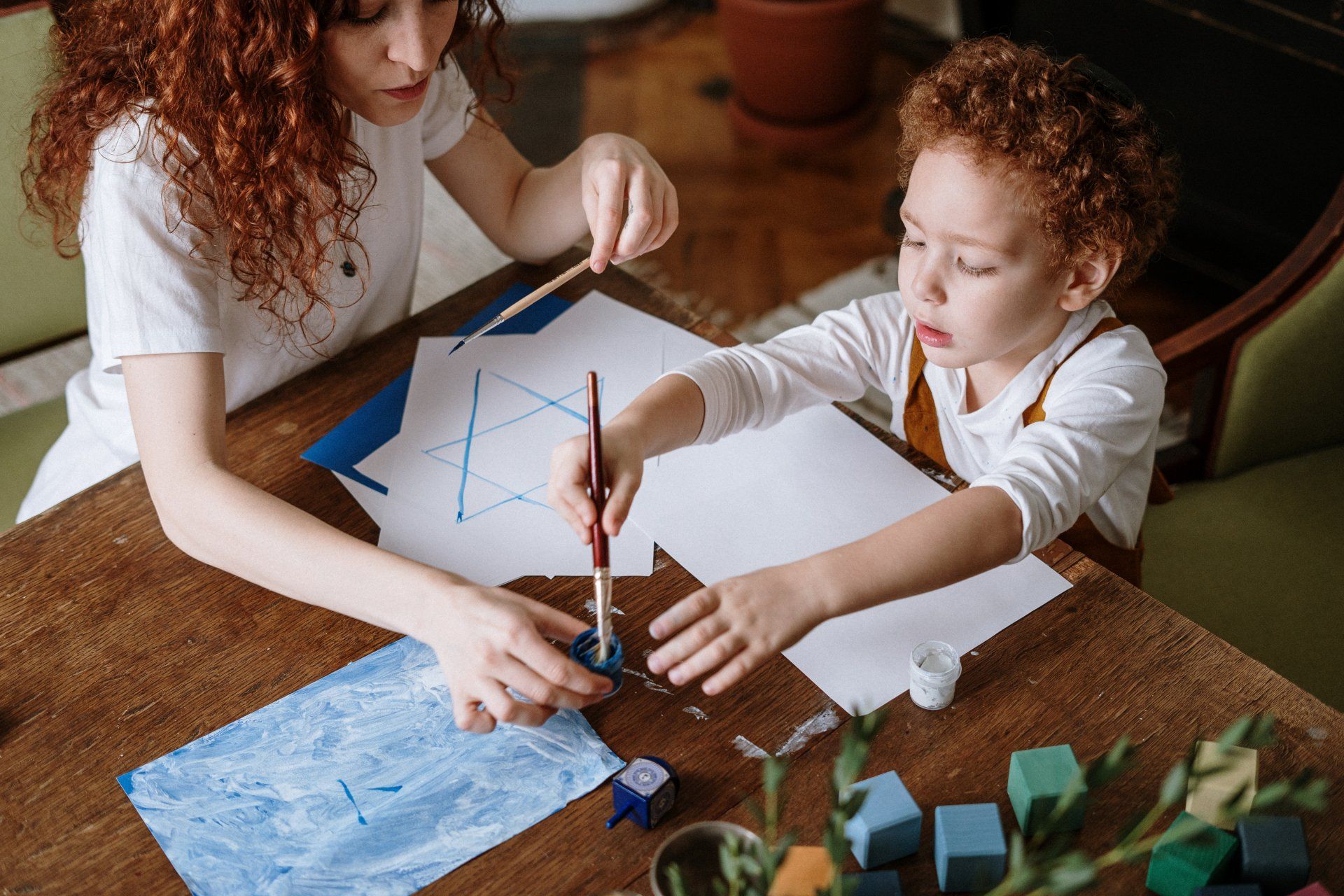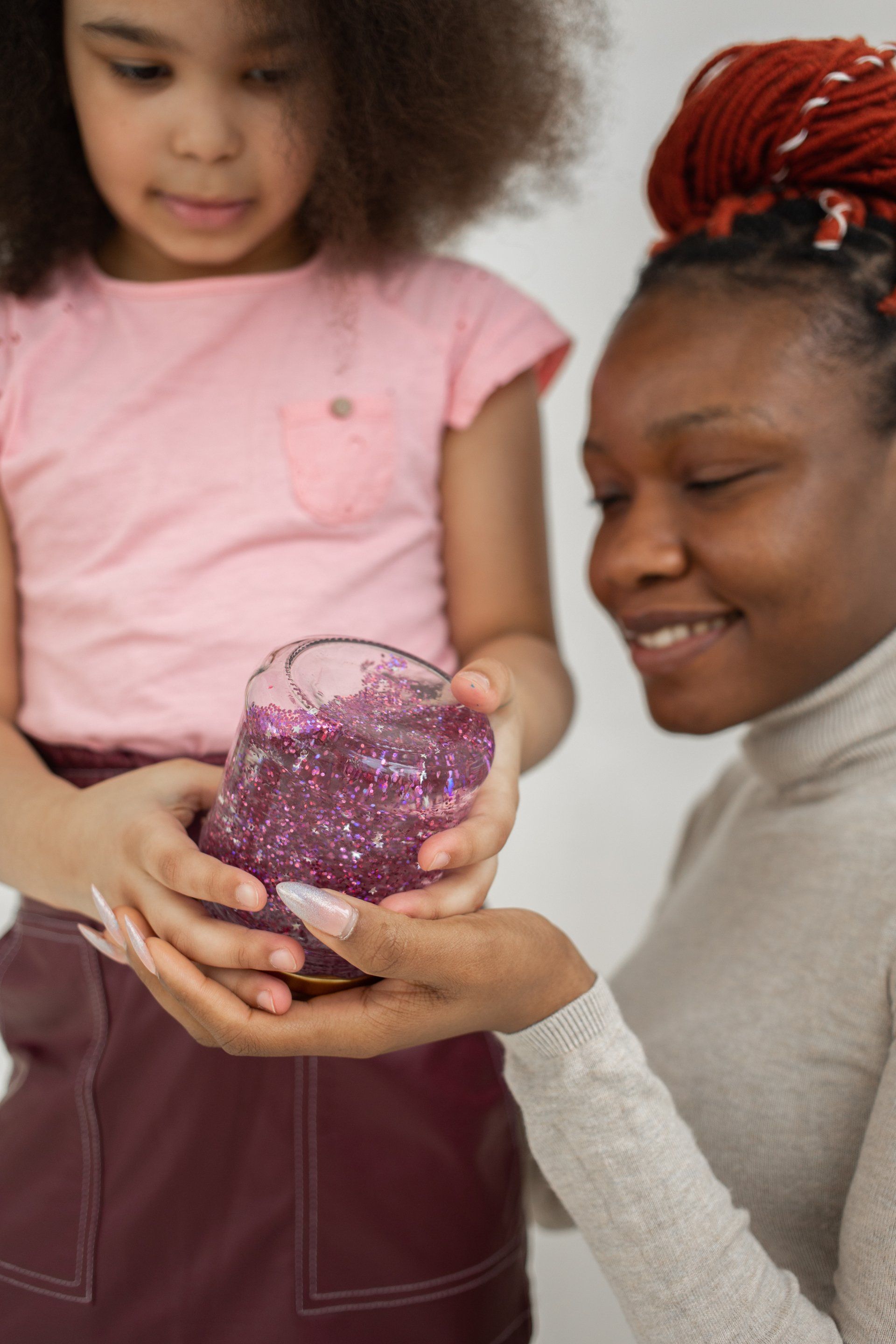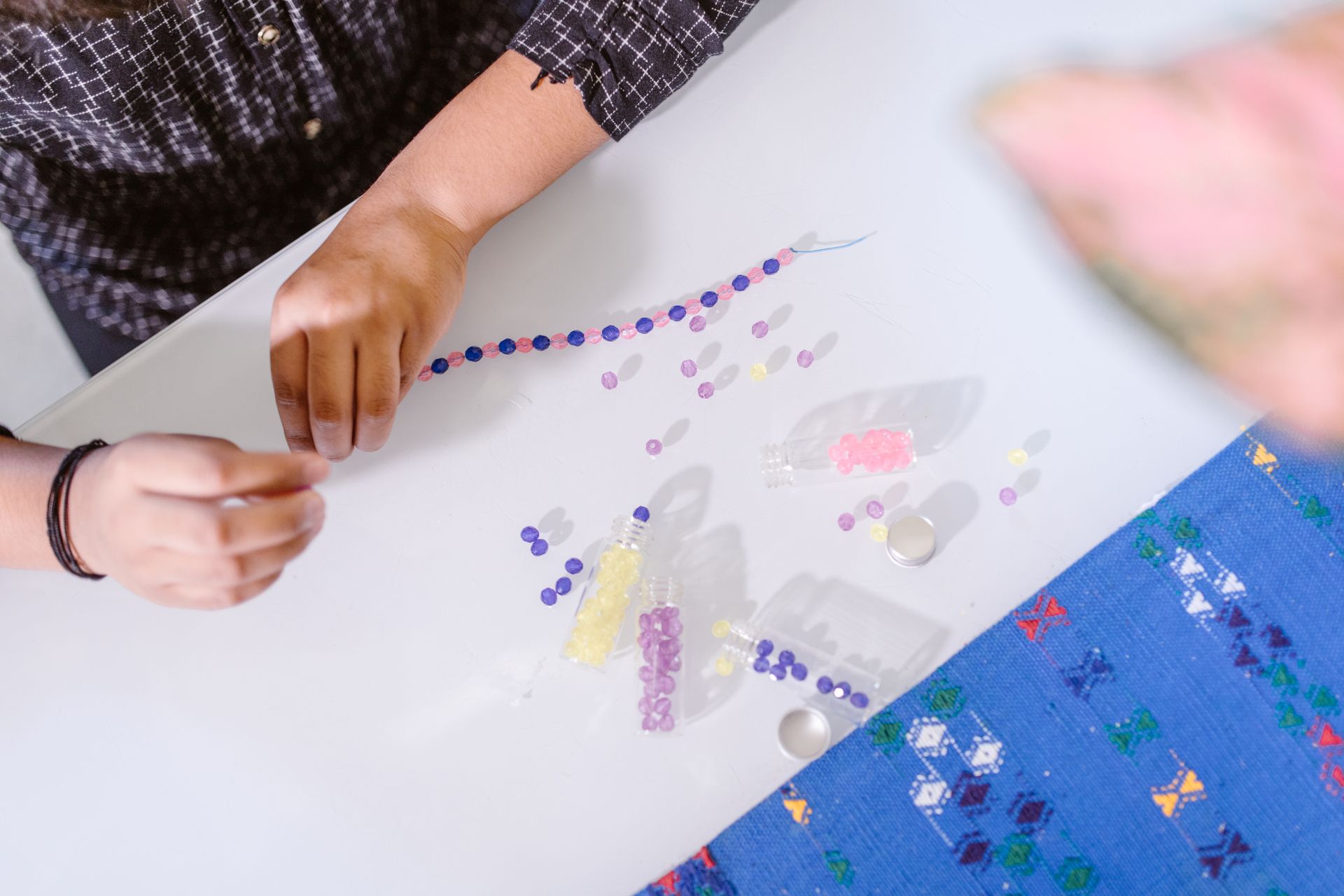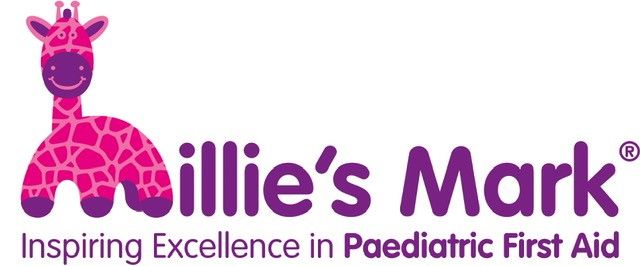The Benefits of Play in Early Childhood
The Benefits of Play in Early Childhood
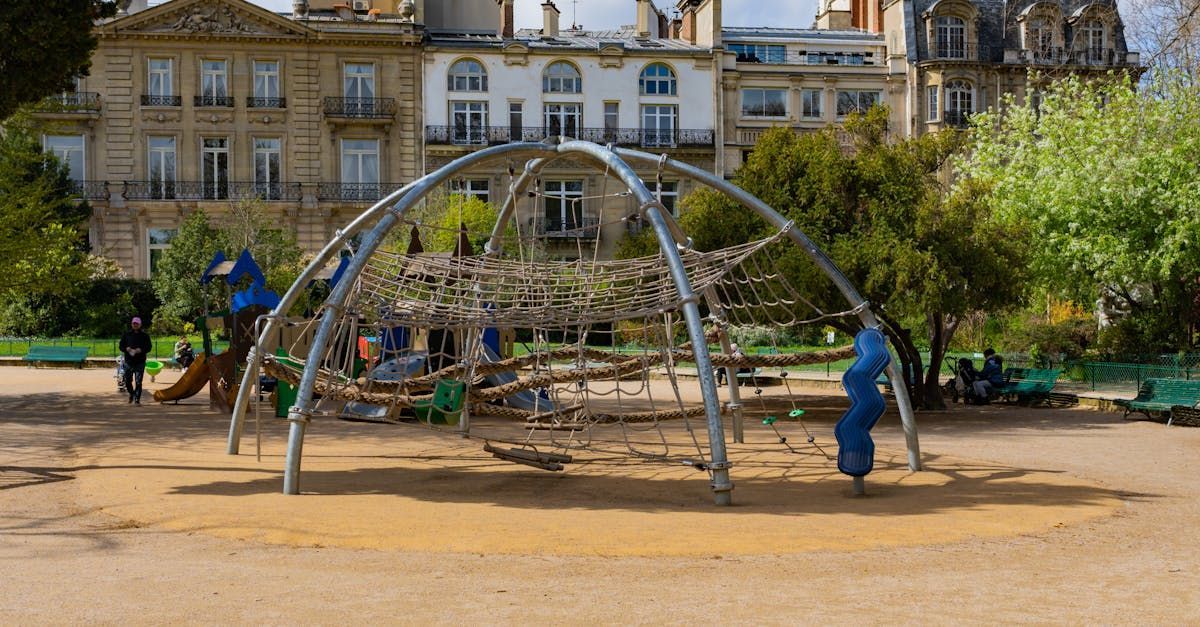
Play is an essential part of early childhood development. It is through play that children explore their world, learn new skills, and build the foundations for future learning and social interactions. Encouraging play in early childhood not only fosters cognitive and physical development but also promotes creativity, problem-solving abilities, and emotional resilience. This article will explore the benefits of play in early childhood, focusing on its role in development, how it encourages learning and creativity, and practical ways to incorporate play into everyday routines.
The Role of Play in Child Development
Play is a critical component of a child's growth and development. It helps children develop motor skills, improve coordination, and strengthen their muscles. Through activities such as running, jumping, and climbing, children enhance their physical abilities and learn to control their movements.
Moreover, play is essential for cognitive development. It stimulates brain growth and helps children develop language skills, as well as problem-solving and critical thinking abilities. When children engage in pretend play, for instance, they create scenarios, solve problems, and develop narratives, which are crucial for cognitive growth.
Socially, play teaches children how to interact with others, share, negotiate, and resolve conflicts. It helps them understand social norms and develop empathy. By playing with peers, children learn to take turns, collaborate, and communicate effectively, which are essential skills for future relationships and teamwork.
Section 2: How Play Encourages Learning and Creativity
Play is not just a fun activity; it is a powerful tool for learning. Children are naturally curious and learn best through hands-on experiences. Play provides opportunities for children to explore, experiment, and discover new concepts in a safe and engaging environment.
For example, building with blocks can teach children basic mathematical concepts such as size, shape, and balance. Role-playing games can enhance language skills and encourage children to express themselves creatively. Artistic activities like drawing and painting allow children to explore their imagination and develop fine motor skills.
Creativity is another significant benefit of play. When children are given the freedom to play, they can think outside the box and come up with innovative solutions to problems. This creative thinking is not only beneficial for academic success but also for life in general. Encouraging creativity through play helps children develop a flexible mindset, which is essential for adapting to new situations and overcoming challenges.
Section 3: Practical Ways to Encourage Play
Encouraging play in early childhood is easier than you might think. Here are some practical tips for parents and carers:
1. Create a Safe Play Environment: Ensure that your home or play area is safe and free from hazards. Provide age-appropriate toys and materials that stimulate curiosity and exploration.
2. Set Aside Time for Play: Make play a priority by setting aside specific times each day for unstructured play. Allow children the freedom to choose their activities and follow their interests.
3. Join in the Fun: Engage in play with your child. This not only strengthens your bond but also models positive play behaviours. Join in their games, participate in pretend play, and encourage their creativity.
4. Provide a Variety of Play Materials: Offer a range of toys and materials that encourage different types of play. Include items such as building blocks, art supplies, dress-up clothes, and outdoor equipment.
5. Encourage Outdoor Play: Outdoor play is vital for physical development and provides opportunities for children to explore nature. Take your child to the park, go for walks, or create a garden where they can dig and plant.
6. Limit Screen Time: While technology can be educational, it's important to balance screen time with active, imaginative play. Encourage your child to engage in activities that promote movement and creativity.
Conclusion
In conclusion, play is a fundamental aspect of early childhood development that provides numerous benefits for physical, cognitive, social, and emotional growth. By understanding the importance of play and actively encouraging it, parents and caregivers can help children develop essential skills and foster a lifelong love of learning. Remember, the best learning experiences often happen when children are having fun and exploring the world around them through play.
FAQ
Q: How much time should my child spend playing each day?
A: It is recommended that young children engage in at least one hour of unstructured play and one hour of structured play each day. However, more playtime can be beneficial, especially if it includes a variety of activities.
Q: What types of toys are best for encouraging play?
A: Choose toys that are open-ended and encourage creativity and imagination. Examples include building blocks, art supplies, dress-up clothes, and outdoor play equipment. Avoid toys that limit creativity by having only one way to play.
Q: How can I encourage my child to play independently?
A: Create a safe and stimulating environment with a variety of play materials. Encourage your child to explore and choose their activities. Be available to support and guide them when needed, but allow them the freedom to play on their own.
Q: Can play help with my child's emotional development?
A: Yes, play is essential for emotional development. It allows children to express their feelings, develop empathy, and learn to cope with different emotions. Through play, children can also build confidence and self-esteem.



